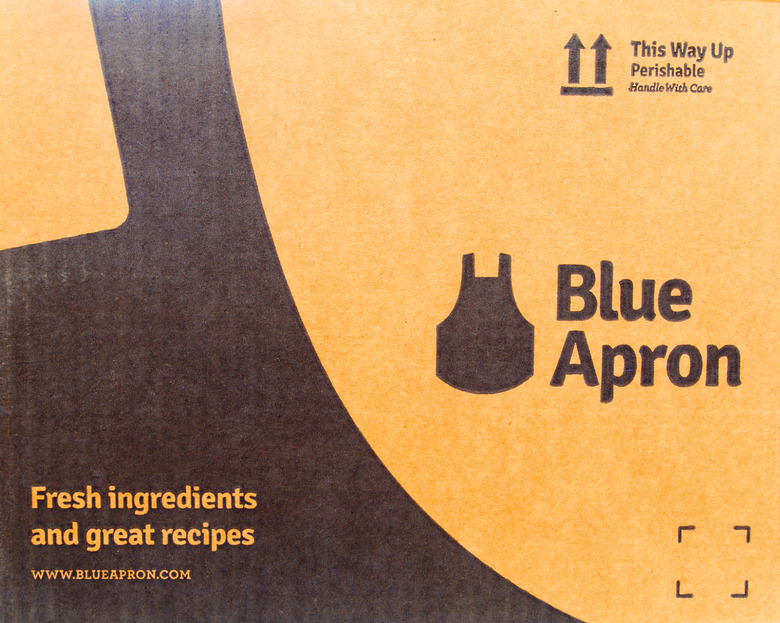Blue Apron Goes Public And The Stock Market Is Underwhelmed
Blue Apron, known for its labor-saving, food-waste-reducing home-delivery meal kits, made its debut June 28 with an initial public offering on the New York Stock Exchange, and its recipe for success didn't work as well as it had hoped.
The company, founded in Long Island City in 2012, had hoped initially to price its shares between $15 and $17, but saw an opening — and closing — price of $10 per share instead. The offering did raise $300 million for Blue Apron, attaining a market value of $1.9 billion — but this was lower than the company's valuation following its most recent infusion of capital from private investors in 2015.
The company reduced its IPO price spread following news that Amazon is going to purchase Whole Foods markets, forging a partnership that would be perfectly situated to take over the meal-kit-delivery business if it wanted to.
Amazon aside, some observers believe that there might be a built-in problem with Blue Apron and its competitors. In a New York Times opinion piece two days after the IPO, chef–restaurateur Amanda Cohen of Dirt Candy in Manhattan, reported that everyone she knew who used meal kits, Blue Apron or otherwise, eventually stopped. The kits had encouraged them to start cooking more, and after a while they gained enough confidence to cook without them. "That is the weakness of the meal kit business model," wrote Cohen, "and something that might give the new Blue Apron investors pause: The whole point of training wheels is that eventually you don't need them anymore."
